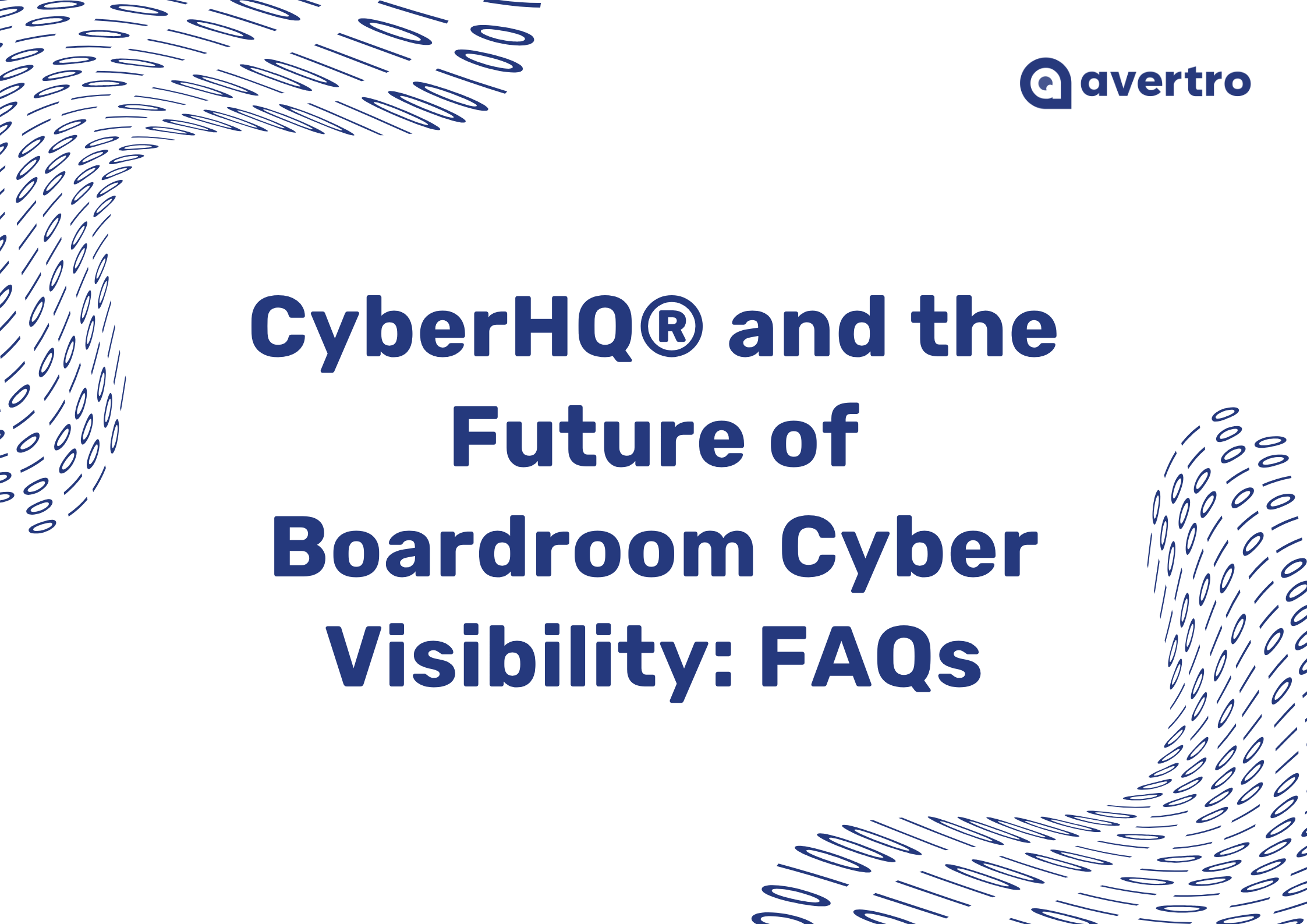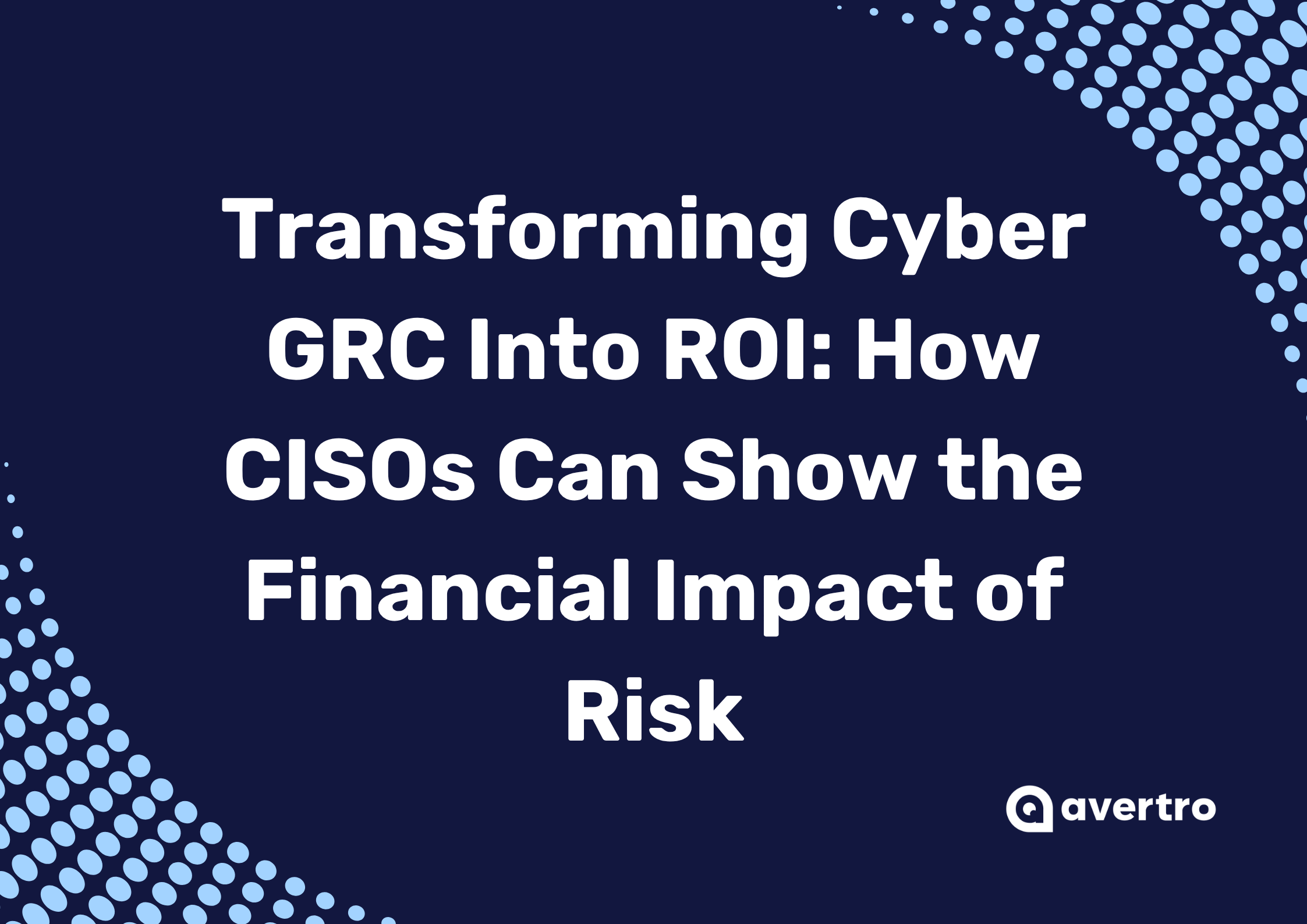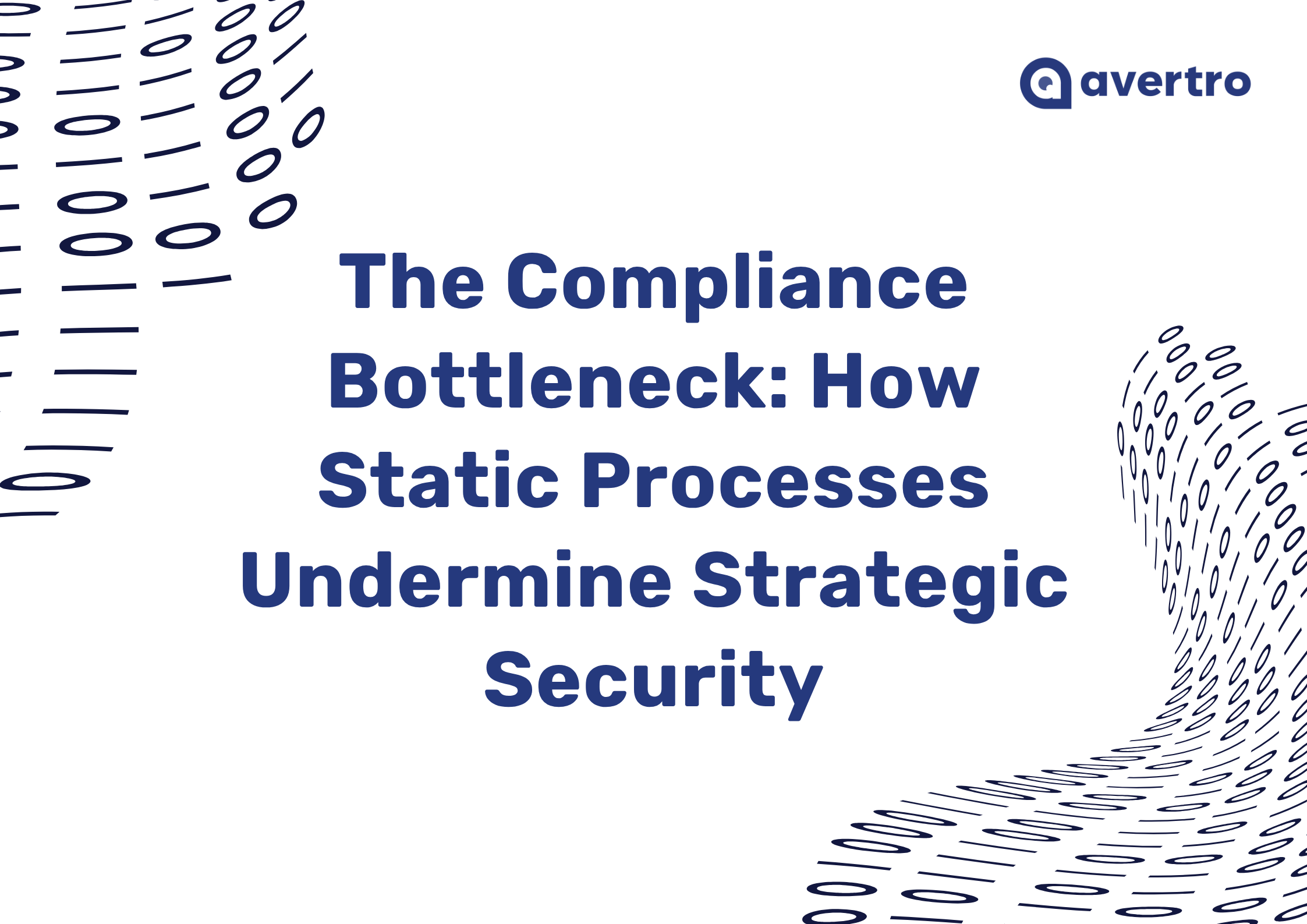In the rapidly evolving landscape of digital finance, cybersecurity has become a paramount concern for regulatory bodies and financial institutions alike. The New York Department of Financial Services (NYDFS) has been at the forefront of addressing these concerns through the implementation of comprehensive cybersecurity regulations. This blog post delves into the essence of the NYDFS rules, their core components, the challenges they present, and the best practices for navigating these regulations effectively.
Defining NYDFS and Class A Companies
NYDFS is a regulatory authority in New York State overseeing the operations of financial services and products, including banks, insurance companies, and other financial institutions. In its commitment to safeguarding the integrity of New York's financial services industry, NYDFS has introduced rigorous cybersecurity regulations aimed at enhancing the security posture of these entities.
Class A companies, as defined by NYDFS, are larger financial institutions with a significant operational and technological footprint. These are entities with over 2,000 employees, or part of a larger group with over 2,000 employees, and/or boasting over $1 billion in gross annual revenue for the last three fiscal years. The designation of Class A underlines the scale and complexity of an institution's cybersecurity needs, reflecting the broader impact their operations have on the financial ecosystem.
Core Components of NYDFS Cybersecurity Regulations
NYDFS cybersecurity regulations encompass a series of mandates designed to fortify the cybersecurity framework of regulated entities. Key components include:
- Board Oversight and CEO/CISO Annual Certification: Mandates enhanced governance and accountability, requiring active board oversight of cybersecurity risk management and annual compliance certification by the CEO and CISO.
- Business Continuity Plans: Requires entities to establish comprehensive business continuity and disaster recovery plans to maintain critical operations during cybersecurity incidents.
- Revamped Risk Assessments: Introduces a more rigorous approach to identifying and prioritizing cybersecurity risks, necessitating regular updates and adjustments in response to changing threat landscapes.
- Technical Requirements: Enforces strict technical controls, such as multifactor authentication, encryption of nonpublic information, and regular penetration testing and vulnerability assessments.
- Access Controls and Management: Demands stringent management of access to information systems to ensure that only necessary personnel can access sensitive data.
- New Enforcement Provisions: Establishes stringent enforcement mechanisms, treating any failure to comply as a violation, with specific considerations for mitigating factors in penalty assessments.
Challenges
Complying with NYDFS regulations presents a series of challenges for Class A companies. The breadth and depth of these rules require significant investments in technology, personnel, and training. Companies must navigate the complexities of implementing multifactor authentication across all user access points, encrypting data in transit, and conducting comprehensive risk assessments that account for an ever-expanding digital footprint. Additionally, the requirement for annual CEO/CISO certification introduces a new level of accountability, demanding thorough internal reviews and documentation to verify compliance.
Leading Practices
Successfully navigating NYDFS cybersecurity regulations necessitates a strategic approach rooted in best practices. Key strategies include:
- Enhancing Board Engagement: Regular training and updates can equip board members with the knowledge required to oversee cybersecurity risk management effectively.
- Continuous Risk Management: Adopting a continuous approach to risk assessment and management ensures that cybersecurity practices evolve in tandem with emerging threats and technological advancements.
- Investing in Technology and Talent: Allocating resources to advanced cybersecurity technologies and skilled personnel is crucial for implementing the technical controls mandated by NYDFS.
- Developing Comprehensive Policies: Establishing clear, documented policies and procedures for all aspects of cybersecurity—from access controls to incident response—facilitates compliance and enhances overall security posture.
- Fostering a Culture of Cybersecurity: Cultivating a corporate culture that prioritizes cybersecurity awareness and practices at all levels of the organization can significantly mitigate risks and enhance compliance efforts.
The NYDFS cybersecurity regulations represent a rigorous framework designed to enhance the resilience of New York's financial institutions against cyber threats. Class A companies, with their significant scale and impact, must navigate these regulations with a strategic, informed approach. By understanding the core components, acknowledging the challenges, and implementing best practices, these entities can not only achieve compliance but also significantly strengthen their cybersecurity defenses, protecting themselves and their customers in the digital age.
How Avertro Can Help Companies Comply
Navigating the complexities of NYDFS cybersecurity regulations requires not just a strategic approach but also a trusted partner capable of guiding you through the compliance journey. Avertro stands out as a cybersecurity governance platform that specializes in helping Class A companies align with NYDFS regulations. Through its comprehensive suite of tools and services, Avertro offers risk assessment capabilities, policy management frameworks, and real-time monitoring solutions designed to meet the stringent requirements of NYDFS. By leveraging Avertro's expertise, companies can enhance their cybersecurity governance, streamline compliance processes, and ensure that their cybersecurity measures are not only compliant but also effective against evolving threats. Avertro's dedicated support and tailored solutions simplify the path to compliance, enabling organizations to focus on their core operations while ensuring their cybersecurity posture is robust and regulatory compliant.







